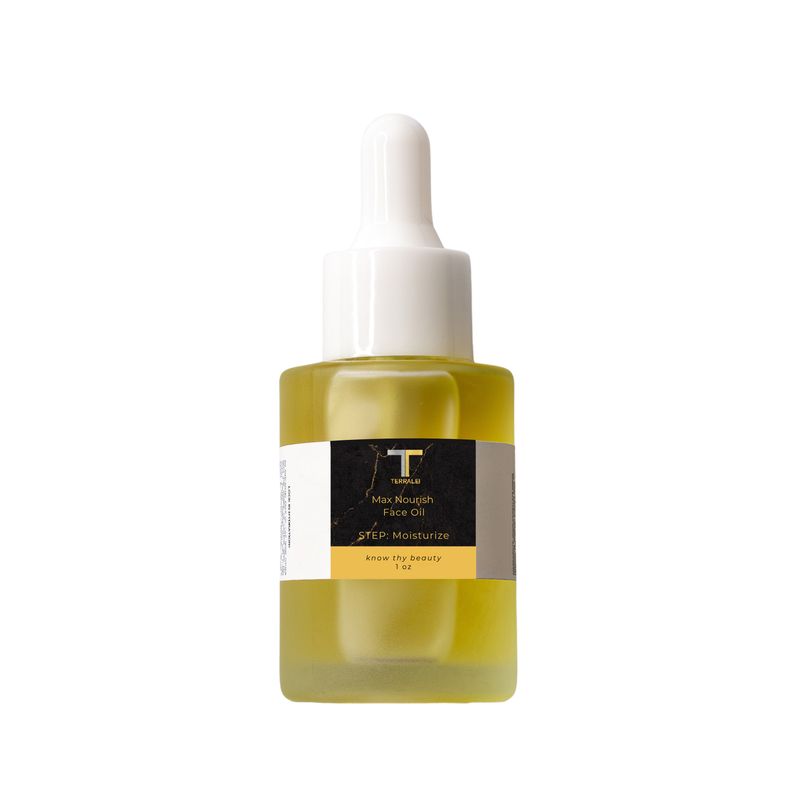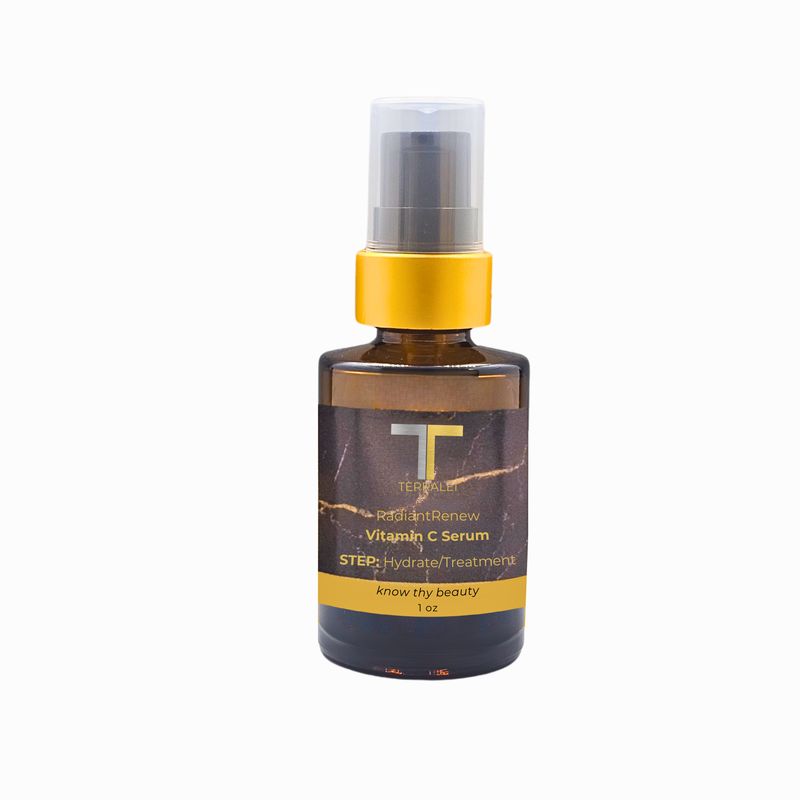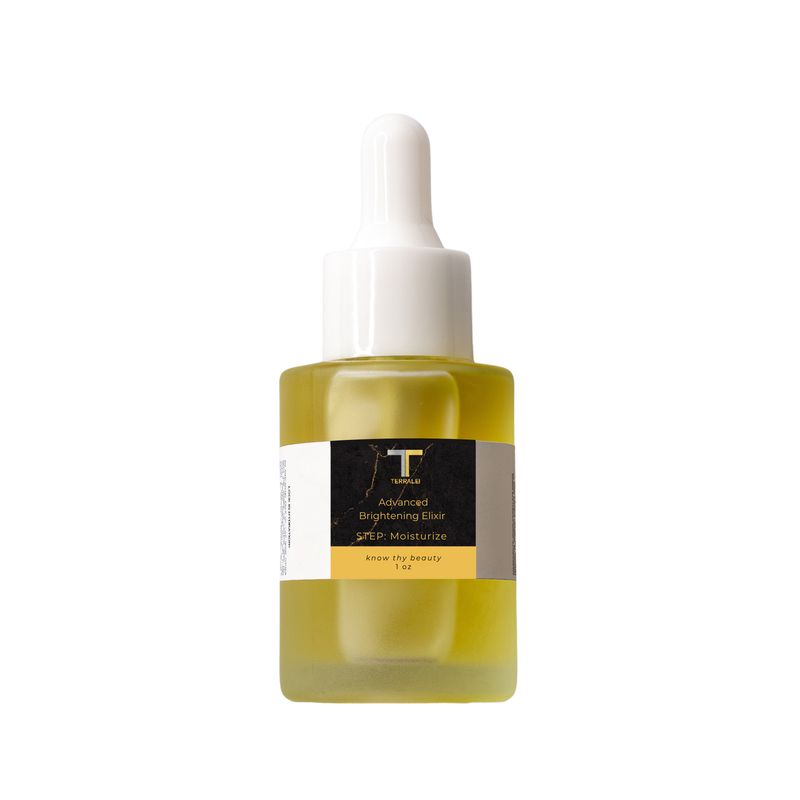Limited Time | Body Oils 20% Off!
Harnessing Nature's Power: The Role of Antioxidants in Natural Skincare
In the world of skincare, the quest for youthful, radiant skin often leads us down aisles filled with products boasting revolutionary ingredients and promises of eternal youth. However, amidst this array of options, one essential element stands out for its proven efficacy and natural origins: antioxidants. These potent compounds play a crucial role in safeguarding our skin from oxidative stress and premature aging, offering a natural solution for maintaining healthy, vibrant skin. 🍇
So, what exactly are antioxidants? Simply put, antioxidants are molecules that help neutralize free radicals, unstable atoms that can damage cells and lead to signs of aging and various skin concerns. By counteracting the harmful effects of oxidative stress, antioxidants help protect the skin from environmental aggressors such as pollution, UV radiation, and even the natural aging process itself.
Natural skincare enthusiasts will be delighted to learn that some of the most potent antioxidants can be found abundantly in nature. Let's take a closer look at three key players: vitamin C, vitamin E, and resveratrol.
Vitamin C, also known as ascorbic acid, is renowned for its powerful antioxidant properties and its ability to brighten and even out skin tone. Found in various fruits and vegetables such as oranges, strawberries, and bell peppers, vitamin C not only combats free radicals but also stimulates collagen production, promoting firmness and elasticity in the skin. Incorporating vitamin C-rich ingredients into your skincare routine can help defend against environmental stressors while enhancing your skin's natural radiance.
Another essential antioxidant, vitamin E, works synergistically with vitamin C to provide comprehensive protection against oxidative damage. Commonly found in nuts, seeds, and leafy greens, vitamin E helps nourish and hydrate the skin while reducing inflammation and supporting skin repair processes. Its presence in natural skincare formulations offers a holistic approach to maintaining skin health and vitality.
Resveratrol, a naturally occurring compound found in grapes, red wine, and berries, has garnered attention for its remarkable antioxidant and anti-inflammatory properties. Studies have shown that resveratrol can help shield the skin from UV damage, minimize the appearance of fine lines and wrinkles, and promote a more youthful complexion. By harnessing the power of resveratrol-rich botanical extracts, natural skincare products offer an effective defense against premature aging and environmental stressors.
The efficacy of these natural antioxidants in skincare is not merely anecdotal; numerous peer-reviewed studies support their beneficial effects on the skin. Research has demonstrated the ability of vitamin C to reduce photoaging and improve collagen synthesis, while vitamin E has been shown to protect against UV-induced damage and enhance skin barrier function. Additionally, studies investigating resveratrol have highlighted its potential to inhibit oxidative stress and inflammation, making it a valuable asset in anti-aging skincare formulations.
So, the role of antioxidants in natural skincare cannot be overstated. From vitamin C and vitamin E to resveratrol, these powerful compounds offer a multitude of benefits, ranging from antioxidant protection to collagen stimulation and beyond. By harnessing the potency of nature's antioxidants, we can nurture our skin and unleash its innate radiance, ensuring a healthy and youthful complexion for years to come. Embrace the power of antioxidants in your skincare regimen and let nature's bounty unveil the beauty within.
Resources:
1. Vitamin C:
- Pullar, J. M., Carr, A. C., & Vissers, M. C. (2017). The Roles of Vitamin C in Skin Health. Nutrients, 9(8), 866. [DOI: 10.3390/nu9080866]
- Telang, P. S. (2013). Vitamin C in dermatology. Indian dermatology online journal, 4(2), 143–146. [DOI: 10.4103/2229-5178.110593]
2. Vitamin E:
- Keen, M. A., & Hassan, I. (2016). Vitamin E in dermatology. Indian dermatology online journal, 7(4), 311–315. [DOI: 10.4103/2229-5178.185494]
- Lin, J., & Selim, M. A. (2017). Skin phenolics: Phenolic acids and polyphenols. In Handbook of Dietary Phytochemicals (pp. 123-141). CRC Press. [ISBN: 9781138636101]
3. Resveratrol:
- Aziz, M. H., Afaq, F., Ahmad, N. (2005). Prevention of ultraviolet-B radiation damage by resveratrol in mouse skin is mediated via modulation in survivin. Photochemistry and photobiology, 81(1), 25–31. [DOI: 10.1562/2004-08-24-RA-281.1]
- Ndiaye, M., Philippe, C., Mukhtar, H., & Ahmad, N. (2011). The grape antioxidant resveratrol for skin disorders: Promise, prospects, and challenges. Archives of Biochemistry and Biophysics, 508(2), 164–170. [DOI: 10.1016/j.abb.2010.12.030]
Display prices in:USD



